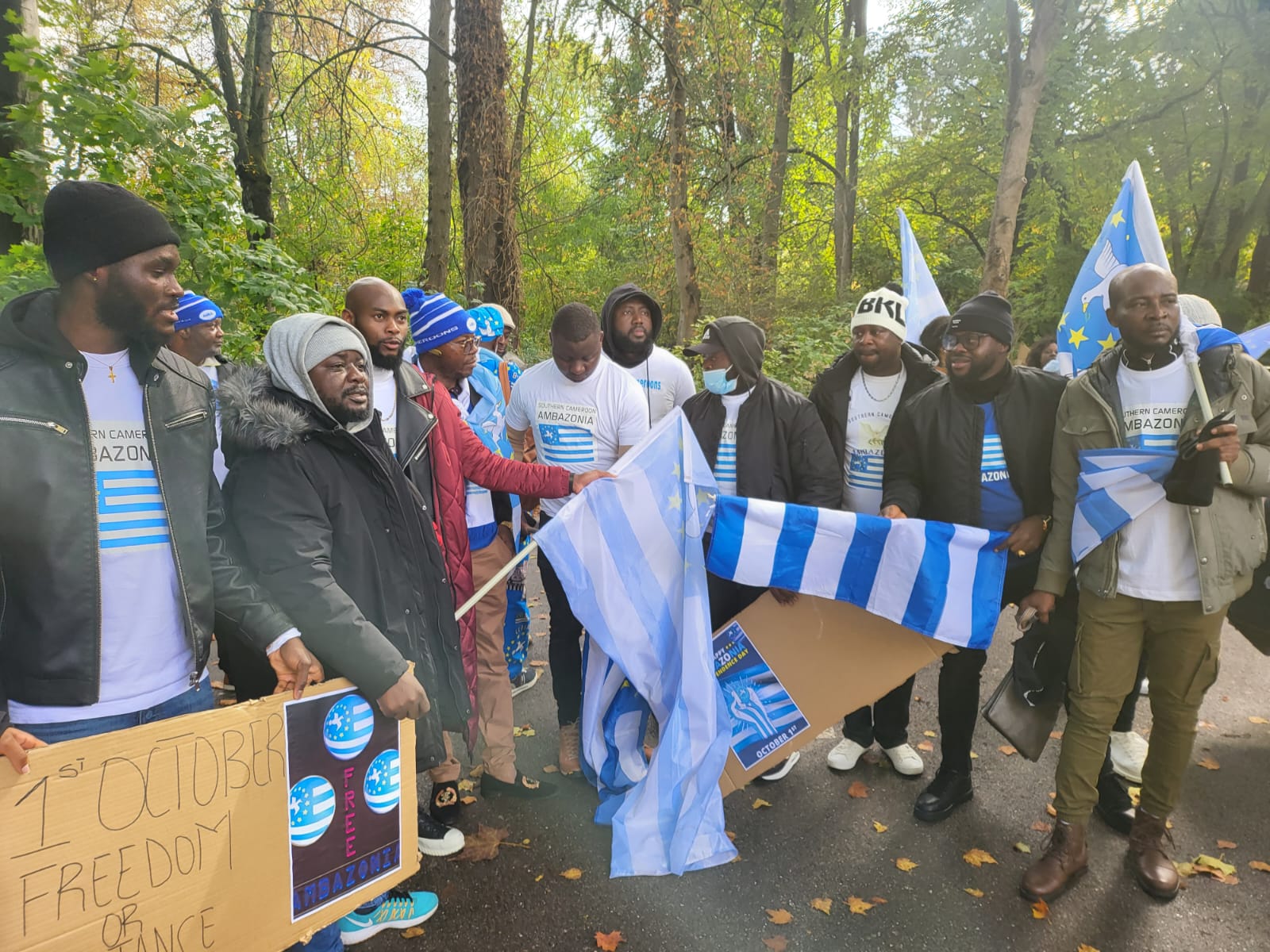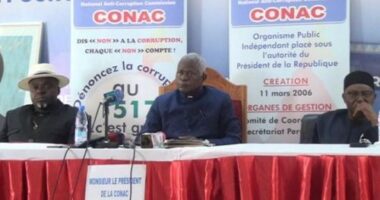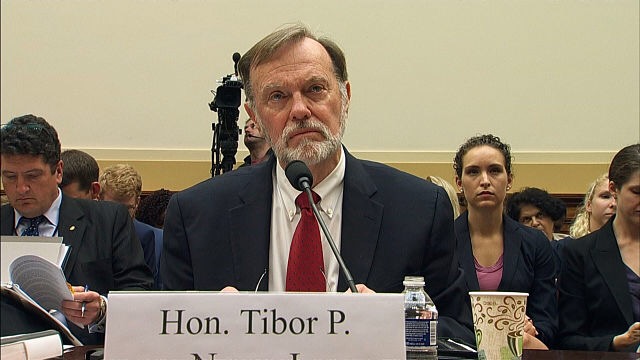CHRDA Reports Surge in Human Rights Violations in Cameroon’s Anglophone Regions
By Andre Momo, BaretaNews | March 20, 2024
The humanitarian crisis in Cameroon’s Anglophone regions deepened further in February 2024, according to a grim new report released by the Centre for Human Rights and Democracy in Africa (CHRDA). Published on March 4, the report chronicles a disturbing rise in state-perpetrated violence, arbitrary detentions, and destruction of property in the North-West and South-West regions — a territory that separatists refer to as Ambazonia.
Covering incidents from the month of February alone, CHRDA documented more than 50 arbitrary arrests, 12 extrajudicial killings, and widespread property destruction, mostly attributed to Cameroonian government forces. In one particularly alarming episode, soldiers reportedly torched five homes during a military operation in Buea on February 15, leaving families homeless and traumatized.
Eyewitness accounts described uniformed men setting fire to dwellings while residents fled in terror. The operation, ostensibly aimed at rooting out separatist fighters, again highlighted a familiar pattern — disproportionate force by state troops against unarmed civilians.
“This is a continuation of systemic abuses,” the CHRDA report concludes. “Security forces are operating with impunity, violating both national laws and international human rights norms.”
Although the report acknowledged abuses by separatist groups — including kidnappings for ransom, forced recruitment, and threats against civilians — CHRDA emphasized that the overwhelming majority of documented violations were committed by state forces. The scale and consistency of these violations, the report suggests, may amount to crimes against humanity.
Ambazonian civil society and diaspora activists reacted swiftly to the report, renewing their calls for international intervention. In statements circulating on social media, several groups urged the United Nations to launch an independent investigation into the situation, with some activists describing the ongoing crackdown as a “genocidal campaign” against the English-speaking minority population.
“This is not a counter-insurgency,” said one activist based in the UK. “It is a brutal and targeted campaign against a people who have dared to demand self-determination.”
Since the start of the Anglophone crisis in 2016, the conflict between Cameroon’s Francophone-dominated government and English-speaking separatists has claimed thousands of lives and displaced hundreds of thousands more. Despite multiple attempts at dialogue and international mediation, violence has escalated with no political resolution in sight.
CHRDA’s latest findings paint a dire picture of the situation on the ground and raise urgent questions about the Cameroonian government’s accountability. Yet, the international response remains muted, prompting criticism from rights groups and humanitarian observers.
“Each month brings fresh atrocities, and still the world remains silent,” said CHRDA Executive Director Felix Agbor Nkongho. “The time for statements is over. What we need now is action — to protect lives, to end impunity, and to pave the way for a peaceful resolution.”
As the rainy season approaches and roads become impassable, humanitarian access to affected areas will likely shrink, compounding the suffering of vulnerable communities. Without decisive international pressure, CHRDA warns, the crisis risks slipping further into protracted, normalized violence.
For the people of Ambazonia, the latest report offers validation — but not relief. The scars of February’s violence remain etched into the charred walls of homes in Buea and into the hearts of the bereaved across the North-West and South-West.





